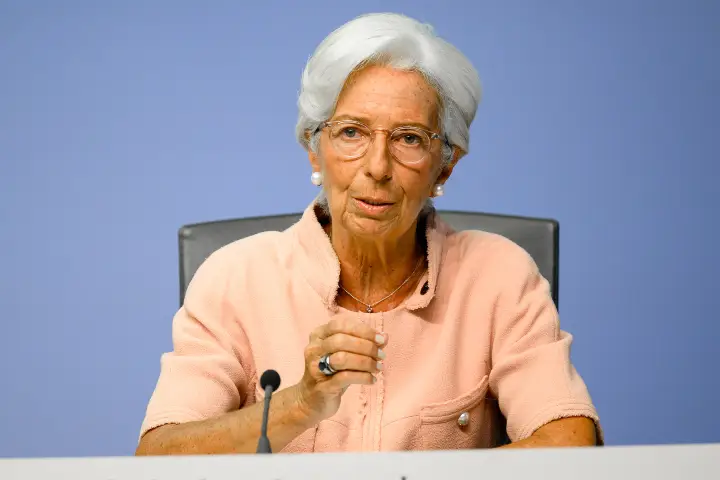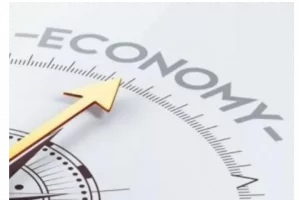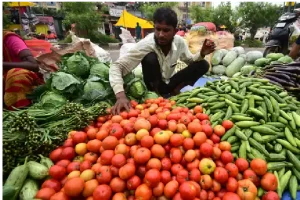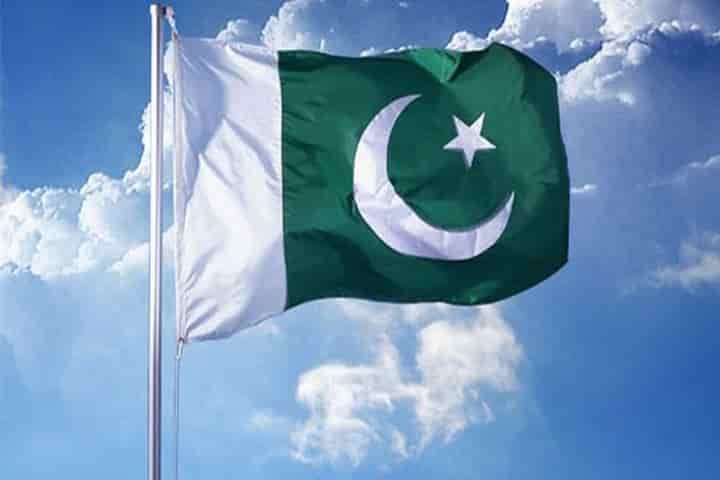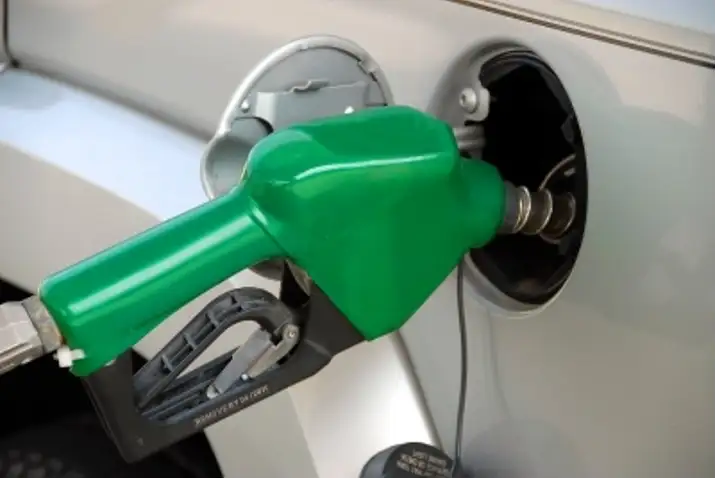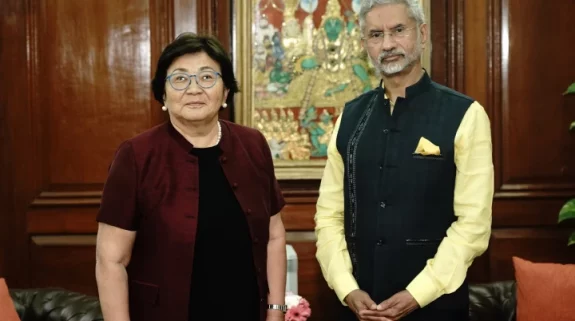Inflation in the European Union is inching upward to record levels driven by high food and fuel prices. Though in June, Germany’s inflation came down to 8.2 per cent from 8.7 per cent in May, Spain’s touched 10 per cent up from 8.5 per cent. Several EU countries are reeling under double digit inflation rate. The worst is yet to come for many, analysts said.
Eurozone inflation will be released later today. According to Reuters, it could touch 8.4 per cent, up from 8.1 per cent in the previous month. This is well above the target of 2 per cent set by the European Central Bank (ECB), which is expected to start raising interest rates from this month to rein in inflation.
In January this year, inflation in the Euro area was 5.1. Inflation in the last one year has been continuously rising in the Eurozone.
Christine Lagarde, President, ECB said that inflation in the Euro area is undesirably high and it is projected to stay that way for some time to come. “This is a great challenge for our monetary policy,” she said, adding that in response to the changing inflation outlook, the ECB is following the path of policy normalisation since December last year.
“We will continue along this normalisation path – and we will go as far as necessary to ensure that inflation stabilises at our 2 per cent target over the medium term,” she said.
The entire continent is staring at huge energy shortage with sanctions thrashed out on Russia after its Ukraine invasion. In 2020, the EU mainly depended on Russia for imports of crude oil, natural gas and solid fossil fuels, followed by Norway for crude oil and natural gas.
Last month, Russia reduced its gas supplies to five EU countries, including Germany.
he Euro area consists of Belgium, Germany, Estonia, Ireland, Greece, Spain, France, Italy, Cyprus, Latvia, Lithuania, Luxembourg, Malta, the Netherlands, Austria, Portugal, Slovenia, Slovakia and Finland.
Also read: G7 aiming for USD 600 bn global infrastructure programme: White House






